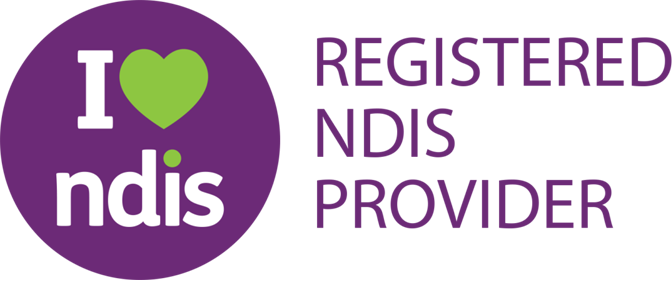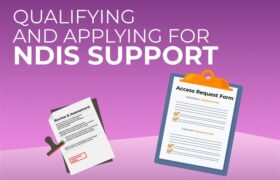Mental Health and the NDIS
How to Access the Support You Need
Mental health is an essential aspect of overall well-being, yet it’s often misunderstood or overlooked. In Australia, the National Disability Insurance Scheme (NDIS) offers a lifeline for those living with mental health conditions, providing tailored support to help individuals lead fulfilling lives. Whether you’re a participant, a family member, or a caregiver, understanding how mental health fits within the NDIS can empower you to access the services you need.
What is the NDIS?
The NDIS is a government-funded program designed to support Australians with disabilities, including those with mental health conditions. It provides funding for a range of services and supports, enabling individuals to achieve their goals and improve their quality of life. The scheme is person-centered, meaning that it focuses on the unique needs and circumstances of each participant.
Mental Health and Psychosocial Disability
Within the NDIS, mental health-related support is often categorized under “psychosocial disability.” This term refers to the disabilities that arise due to mental health conditions such as anxiety, depression, schizophrenia, bipolar disorder, and more. Psychosocial disabilities can significantly impact a person’s ability to function in daily life, affecting their work, relationships, and social participation.
How Does the NDIS Support Mental Health?
The NDIS provides individualized support plans for those living with psychosocial disabilities. These plans may include:
- Therapeutic Support: Access to psychologists, counselors, or other mental health professionals.
- Skill Development: Programs that help individuals develop life skills, such as managing finances, improving social skills, or learning new hobbies.
- Community Participation: Assistance with engaging in community activities, whether it’s joining a social group, attending a class, or participating in a sport.
- Supported Independent Living (SIL): For those who need help with day-to-day tasks, the NDIS offers supported living options where participants can receive assistance with cooking, cleaning, personal care, and more.
- Employment Support: Tailored programs to help individuals find and maintain employment, including job training and support with workplace adjustments.
Who is Eligible for NDIS Mental Health Support?
To access NDIS support for a mental health condition, the condition must be considered permanent and significantly impact your ability to function. Additionally, the NDIS requires that the support be “reasonable and necessary,” meaning that it must be directly related to the condition and something that the NDIS is responsible for providing.
Eligibility is determined through an assessment process, where you’ll need to provide evidence of your condition and how it affects your daily life. This might include reports from healthcare providers, mental health assessments, or statements from family members or caregivers.
Navigating the NDIS Process
Navigating the NDIS can seem daunting, but there are resources available to help. Here are some steps to get started:
- Check Your Eligibility: Visit the NDIS website or speak with a local area coordinator to determine if you’re eligible.
- Prepare Your Evidence: Gather any relevant medical reports, assessments, or other documentation that supports your need for NDIS services.
- Create a Support Plan: Work with an NDIS planner or support coordinator to develop a plan that outlines the services and supports you need.
- Review and Adjust: Your NDIS plan is reviewed annually, allowing you to adjust the supports as your needs change.
The Importance of Mental Health Support
Accessing mental health support through the NDIS can be life-changing. It provides the tools and resources needed to manage mental health conditions, helping individuals live more independently, engage with their communities, and achieve their personal goals.
Remember, you’re not alone in this journey. The NDIS is there to support you every step of the way, providing the help you need to thrive.
What does the NDIS do? The NDIS offers financial support to eligible individuals with disabilities in Australia. It enables them.
Are you struggling with figuring out how to use your NDIS plan? We understand how overwhelming and complicated it can.
Have you ever wondered why some people think that disabilities automatically mean someone is unable to lead a full and.
With the annual budget release, there has been a lot of chatter surrounding the NDIS and the allocated funding for.
Disability is a part of life that requires understanding, cooperation, and encouragement. For those who experience it, finding the right.
The National Disability Insurance Scheme (NDIS) plays a crucial role in supporting individuals with disabilities, helping them access the services.
Our team can come to you to discuss face to face your needs and discuss how we can best support you to achieve your goals. Contact us today to arrange an appointment.








